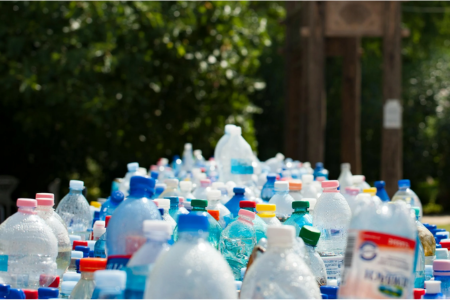Introduction
The World Health Organization (WHO) reports that one-third of the global population lacks access to safe drinking water. The widespread issue of water pollution has significant adverse impacts on the environment, economy, and human health. Delve into our complete blog to gain a deeper understanding of the extent and consequences of this pervasive pollution.

Environmental Impacts
Water pollution often results in decreased biodiversity, which is closely linked to alterations in water chemistry such as shifts in pH levels, salinity, and nutrient concentrations. Moreover, water pollution can trigger a surge in nutrient levels, fueling the proliferation of algal blooms. As these blooms flourish, they consume oxygen and nutrients, ultimately degrading water quality to the point where it becomes inhospitable for other species.

The environmental impacts that water pollutions bring highly depends on the pollutant that is contaminating the water. Another potential impact of water pollution is the acidification of the body of water. This acidification can harm many different aquatic plants and animals and can even disrupt their psychological processes and reproductive patterns.
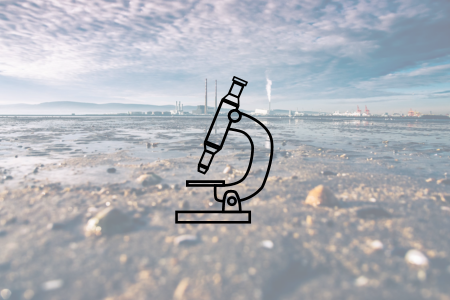
Human and Health Impacts
Polluted water can carry dangerous toxins and diseases which can be extremely harmful if not deadly to humans. This can include bacteria, viruses, and other parasites and is a particular issue for developing countries that lack sanitation infrastructure. Chronic exposure to some of these contaminants can lead to neurological disorders, cancer, and other illnesses.
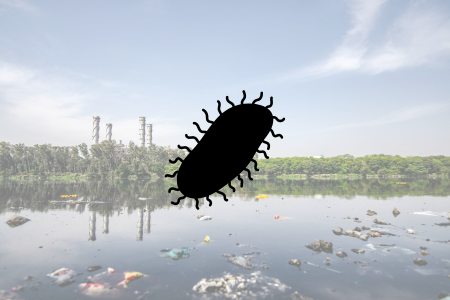
Another impact that water pollution can have on humans is that it can contaminate various populations food source. Particularly those who live near coastal areas may rely on seafood to feed themselves and their families. Water pollution can contaminate these food sources exposing the population to harmful chemicals even if they do not ingest the water directly.
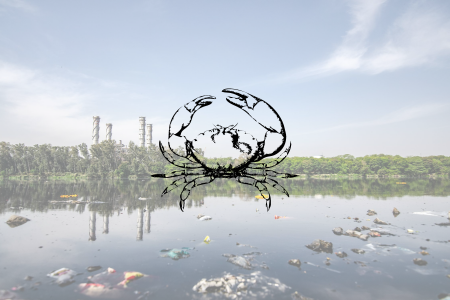
Economic Impacts
Economic impacts of water pollution can vary largely depending on environmental regulations within a country. In countries with strong environmental laws and regulation, remediation and clean-up of water pollution can be incredibly costly and can hurt businesses of all sizes but can have a particularly large and negative impact on small businesses.
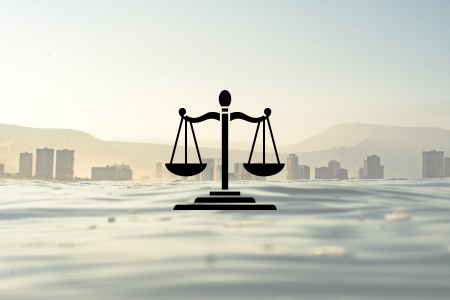
Agriculture, tourism revenue, and property values can also experience detrimental effects because of water pollution. These repercussions can severely impact a nation’s economy. Developing countries may experience heightened vulnerability to these consequences, as their economies heavily depend on sectors that could be permanently harmed by water pollution.
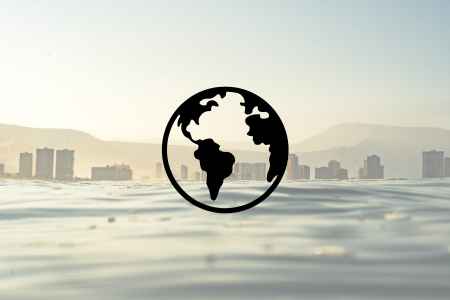
Conclusion
Water pollution has vast impacts on our environment, human health, and our global economy. It is important that we do what is possible to prevent water pollution. We can do this by disposing of chemicals and trash properly, participating in community clean-up efforts, and by educating others on doing what they can to prevent water pollution.
